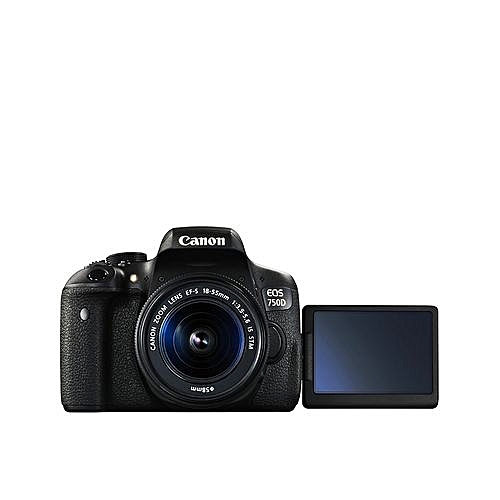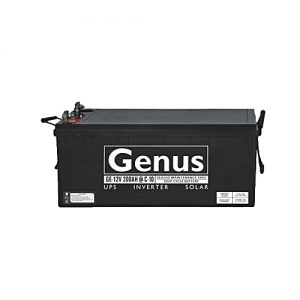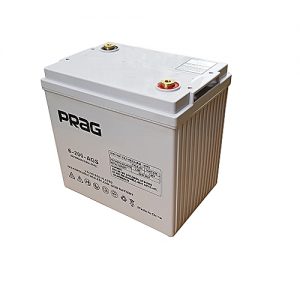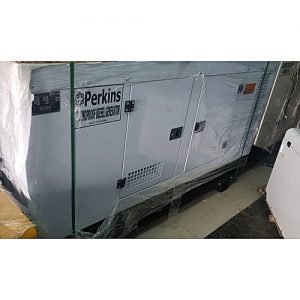Description
The Canon EOS 750D (Rebel T6i, as it’s branded Stateside)
succeeds the EOS 700D/Rebel T5i introduced in 2013. It features a new
24.2-megapixel APS-C CMOS sensor with an ISO range of 100-12800 (expandable to
ISO 25600), as well as 5fps continuous shooting.
Canon has also implemented its DIGIC 6 image processor which
supersedes the DIGIC 5 unit found in the 700D, and the new model also receives
an upgraded 19-point autofocus system pulled from the EOS 70D. The 750D’s
exposure metering system is new, too, as is the inclusion of Wi-Fi connectivity
with NFC pairing.
ATTENTION: GOT ITEMS FOR SALE? Post your items, services and properties for sale for FREE and sell faster on our free ads platform..Go here now >>> POST FREE AD
Externally the 750D is almost identical to its predecessor,
featuring a 3-inch 1040k-dot LCD display that’s both touch-sensitive and able
to articulate. The camera’s physical control layout is also very similar to the
700D. However, if you like the look of the top-panel LCD display and rear
control wheel on the EOS 70D, the new 760D introduced alongside the 750D
includes these features, but in every other respect is identical to the 750D.
On first handling the Canon EOS 750D you’ll be hard-pressed
to tell it from the old 700D. Both cameras share a near-identical case design
and control layout, and their size and weight are also closely matched. The
750D is marginally narrower at 131.9mm and slightly shallower at 77.8mm, though
its 100.7mm height is all of 0.9mm more than the 700D. Despite these
similarities, Canon has managed to bring the ready-to-shoot weight of the 750D
body down to 555g – 25g lighter than the 700D and 10g lighter than the 760D.
ATTENTION: GOT ITEMS FOR SALE? Post your items, services and properties for sale for FREE and sell faster on our free ads platform..Go here now >>> POST FREE AD
The mode dial options are typical of an entry-level DSLR,
including the standard Program Auto, Shutter Priority (Tv), Aperture Priority
(Av) and full Manual control. Canon groups these four modes into what it terms
the ‘Creative Zone’, separating them from options like scene mode pre-sets.
There isn’t a bewildering selection of these pre-sets though, as Canon has
pared the available options down to Kids, Food, Candlelight, Night Portrait,
Handheld Night Scene and HDR Backlight Control. The latter is particularly
useful, capturing three consecutive shots of the same scene to significantly
broaden the camera’s dynamic range for more realistic images in high-contrast
environments.








